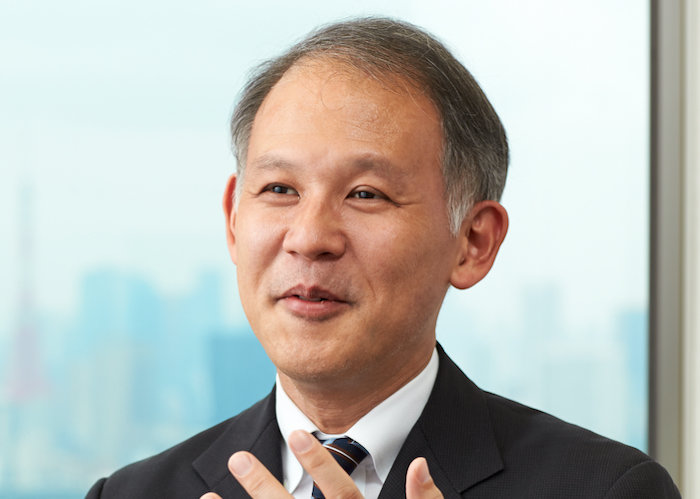OPINION PAPER
What Do Freedom and Equality Mean to the Japanese?
- Considering the Issues Based on the Results of a Deliberative Survey (3)-
In order to formulate effective policies that will receive public support, it is essential to consider the public’s fundamental sense of values in relation to freedom and equality. The Nippon Institute for Research Advancement (NIRA) conducted a project involving “consideration” and “deliberation” regarding economic and social issues. The results showed that the overwhelming majority of respondents chose freedom over equality. However, we must be cautious with regard to immediately concluding that the Japanese value freedom more than equality.
First, the majority of respondents were positive concerning the restriction of individual freedom for the purpose of implementing countermeasures against COVID-19. It is distinctly possible that rather than a “libertarian” freedom that radically asserts individual liberty, the Japanese envision freedom as something that is not opposed to order and social consensus, while also allowing restrictions on that freedom. Second, among both respondents who chose equality and those who chose freedom, many favored the cutting back of government services over the provision of generous services. In particular, respondents who are the beneficiaries of government services would rather see a reduction in services. If the reason for this is dissatisfaction with, or distrust of, the fairness of government services, it would represent a serious problem. Here, it is possible to read Japanese voters' awareness of the relevant issues.



